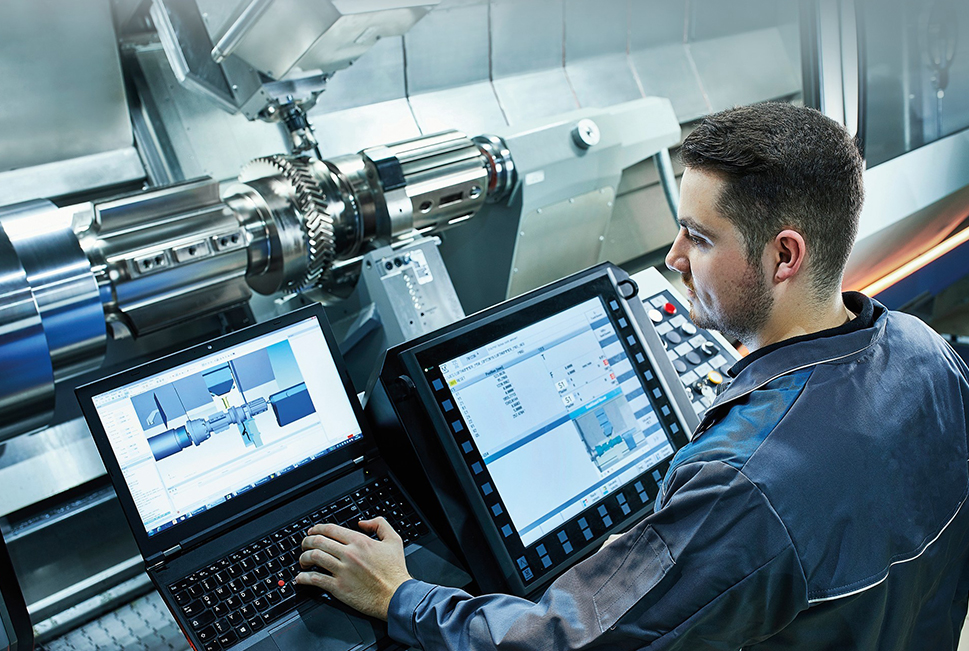 Jomer Arcade, 2nd Floor,
Chittoor Road, Pallimukku,Ernakulam,
Kerala - 682016
Jomer Arcade, 2nd Floor,
Chittoor Road, Pallimukku,Ernakulam,
Kerala - 682016
![]() +91 9288017747
+91 9288017747 ![]() admin@iieinstitutionkerala.com
admin@iieinstitutionkerala.com
![]() +91 9288017747
+91 9288017747 ![]() admin@iieinstitutionkerala.com
admin@iieinstitutionkerala.com

Production engineering is the science of creating safe and efficient processes for transforming raw materials into finished items. Production engineers work in a variety of fields and hold different titles, such as industrial engineer, production manager and production engineering assistant. Production engineering is possible only through advanced mathematics concepts. Production engineers use matrix algebra techniques for practical manufacturing applications. They need knowledge of infinite series and their convergence in order to understand common limitations that arise manufacturing-based mathematical modeling. For example, they may study tests of convergence, such as integral tests and comparison ratios, and they may learn about absolute and conditional convergence. Production engineers learn the concepts and consequences of improper integrals and error functions in engineering applications. When it comes to variables, they use partial derivatives, homogeneous functions, implicit functions and methods of undetermined multipliers Production engineers understand materials science related to industrial manufacturing, aeronautical design, mechanical engineering and production applications. The science of mechanical properties involves tensile tests, fatigue tests, strain hardening, creep resistance, grain refinement, deformation mechanisms and critical stress intensity determination. The art of phase diagrams involves single and multi-component systems, eutectic and peritectic phase diagrams and level, phase and tie-line rules. Materials science also involves ferrous alloys and heat treatment, so production engineers understand things like phase transformations, hypereutectoid steels and iron-carbon equilibrium diagrams. Electronic materials involves semiconductors, dielectric materials, polarization mechanisms and superconducting materials. Materials and their applications include fibers, ceramics, base alloys, metallic glasses, liquid crystals and reinforced metals and plastics.




